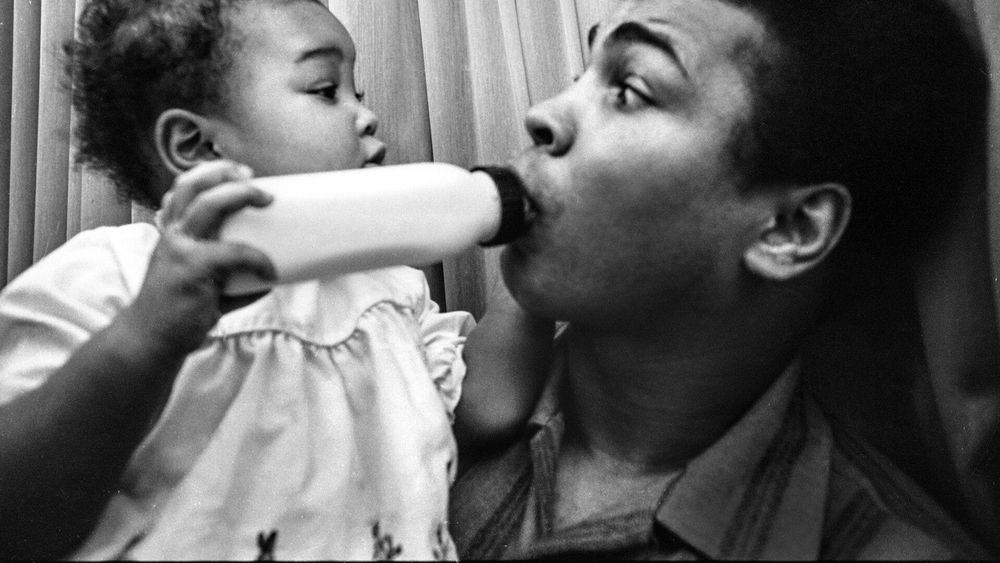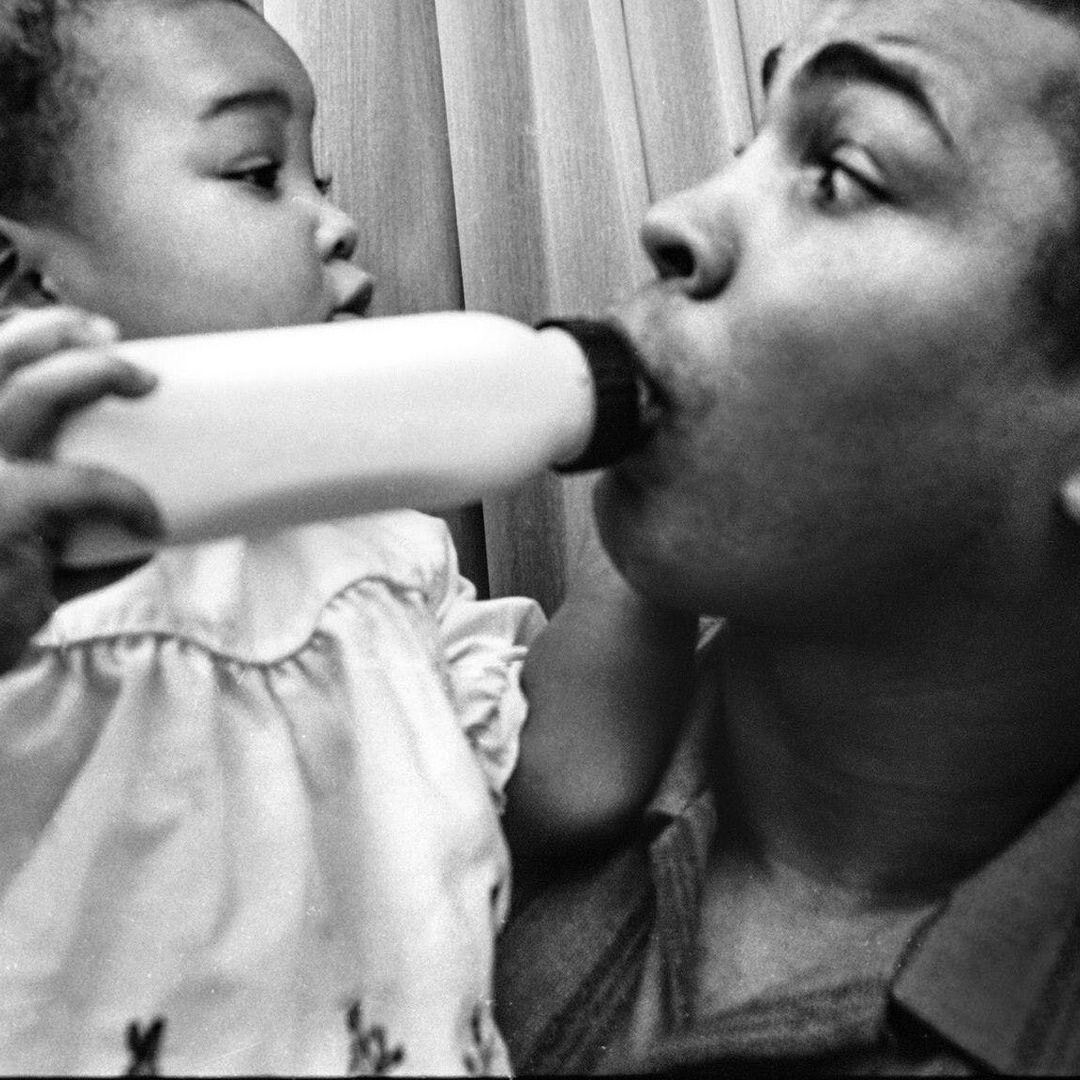When Does Growth Occur?
"You get fitter not during your workouts but rather after your workouts, in between your workouts."
The words of Andrew Huberman, a professor of neurobiology at Stanford, sound paradoxical. After all, each of us remembers the excitement of trying a new sport, studying an important subject, or starting a job at a new company. In the hope of reaching the pinnacle as quickly as possible, we were willing to work tirelessly around the clock.

But by exerting stress on our bodies, we damage them. Immediately after a workout, we experience an extremely high level of inflammation, oxidative stress, and autophagy, which is the process of removing damaged cells. Fortunately, there is a phenomenon called homeostasis, which allows the body to constantly strive to restore its internal balance, overcoming resistance from the external environment. Anticipating that stress may occur again in the future, the body is compelled to change so that it becomes indifferent at the new level of equilibrium.
Essentially, this is a cycle of creative destruction and creation. Sacrifice something and progress will halt. The workload must be serious, that's clear. But rest is important not because it's enjoyable, but because it's during this phase that repair, adaptation, and growth occur. That's why, for example, Andrew Huberman suggests spending five minutes with your eyes closed after studying or working out. Like playing the game Tetris, this helps optimally arrange the fragments of new knowledge and skills in your mind.
You may be surprised that by training less frequently, you will actually get closer to your desired goals.

